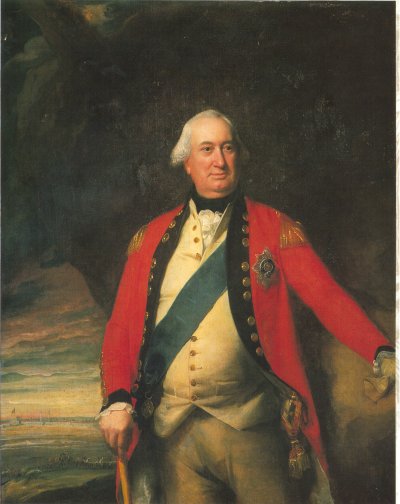Pragmatist
Pragmatist: Pragmatists consider practical consequences or real effects to be vital components of both meaning and truth.

(Charles Cornwallis, 1st Marquess Cornwallis)
Cornwallis:
Charles Cornwallis was the eldest son of Charles Cornwallis, 5th Baron Cornwallis (later 1st Earl Cornwallis) (March 29, 1700 – June 23, 1762, in the Hotwells, near Bristol) and was born at Grosvenor Square in London, England.
Charles was educated at Eton College — where he received an injury to his eye by a prostitute who wanted more money from Shute Barrington, afterwards Bishop of Durham — and Clare College, Cambridge.
His tactics in America, especially during his Southern Command (1780–81), were excessively criticised by his political enemies in London. However Cornwallis retained the confidence of King George III and the British Government - enabling him to continue his career.
In India, where he served two terms as governor general, he is remembered for promulgating the Permanent Settlement.
After the war Cornwallis returned to Britain, and in 1786 he was appointed governor-general and commander in chief in India. He instituted land reforms and reorganized the British army and administration.
In 1792 he defeated Tippu Sultan, the powerful sultan of Mysore by capturing his capital Srirangapatnam, which concluded the Third Anglo-Mysore War and paved the way towards British dominance in Southern India.
Cornwallis was created Marquess Cornwallis in 1792 and returned to England the following year. His time in India did much to restore his reputation which had been tarnished at Yorktown.
He was reappointed governor-general of India in 1805, but on October 5, shortly after arriving, died of a fever at Ghazipur, near Varanasi. There Cornwallis is buried overlooking the Ganges River, where his memorial continues to be maintained by the Government of India.
Labels: Cornwallis Pragmatist


0 Comments:
Post a Comment
Subscribe to Post Comments [Atom]
<< Home